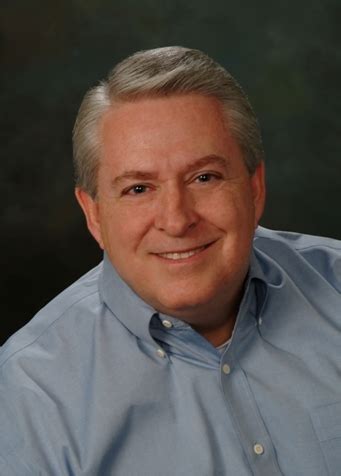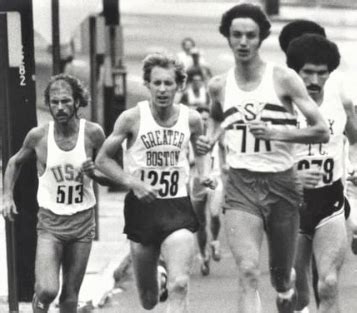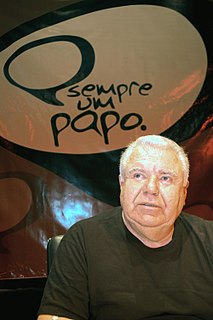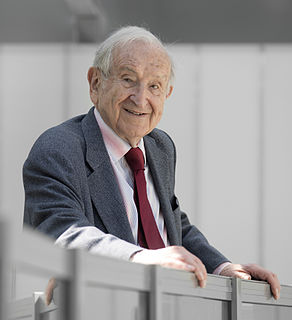A Quote by David Shibley
The first joint priority of the churches of any city should be that of making it hard for people to go to hell from that city.
Related Quotes
I love my city and I feel like the majority of the people that are in the city are people from other cities. So I think that L.A. sometimes might get a bad rap because it's known to be so Hollywood-oriented and then underneath that you have crime. But that's really the case in pretty much any major city that you go to.
So here's my advice to city planners. Make your city runnable. Runners are the first wave of troops bringing human activity back to the urban core of any city. Where we go, others will follow. The connection between runnability and livability is so clear (at least to me), that it's surprising that new developments consistently leave pathways out of the plans.
Over the great bridge, with the sunlight through the girders making a constant flicker upon the moving cars, with the city rising up across the river in white heaps and sugar lumps all built with a wish out of non-olfactory money. The city seen from the Queensboro Bridge is always the city seen for the first time, in its first wild promise of all the mystery and the beauty in the world.
People have these perceptions; maybe they've been here for a day, or have only heard about it. It was like when I first came to work here. You want to see the clean city that is always talked about, how nice the people are, the restaurants, the vibe, how diverse the city is. That's what we want to show: what an enjoyable city it is, what a great city it is. Forget about basketball.
What James Madison and the other men of his generation had in mind when they wrote the First Amendment was that there should be no official relationship of any character between government and any church or many churches, and no levying of taxes for the support of any church, or many churches, or all churches, or any institution conducted by any of them.
You have to look at the reality in Syria. Whenever we liberate any city or village from the terrorists, the civilians will go back to the city, while they flee that city when the terrorists attack that area, the opposite. So, they flee, first of all, the war itself; they flee the area under the control of the terrorists, they flee the difficult situation because of the embargo by the West on Syria.
That the sight of people attracts still other people, is something that city planners and city architectural designers seem to find incomprehensible. They operate on the premise that city people seek the sight of emptiness, obvious order and quiet. Nothing could be less true. The presences of great numbers of people gathered together in cities should not only be frankly accepted as a physical fact... they should also be enjoyed as an asset and their presence celebrated.
I fell in love with New York. It was like every human being, like any relationship. When I was a young New Yorker, it was one city. When I was a grown man, it was another city. I worked with many dance organizations and many wonderful people. In the '90s, it became kind of a hard and unwelcoming city in many ways. It became conservative, like the whole country.



































